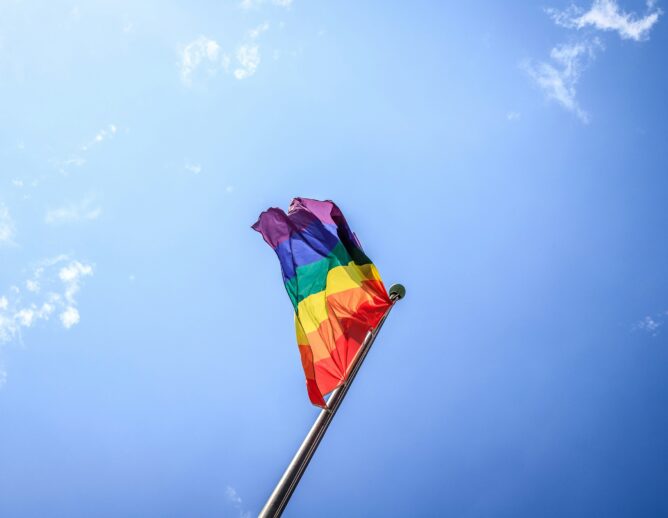On September 26, 2018, the United Nations General Assembly approved a Political Declaration that sets out the first globally coordinated response to one of the greatest public health and human rights crises of our time, tuberculosis (TB).
United Nations documents are typically structured by two main elements, “preambular paragraphs” and “operative paragraphs;” the former provide context and the latter commit to action. The TB Political Declaration is around 5,000 words distributed more or less evenly between the preambular and operational sections.
Reference to human rights appears eight times in the preamble yet only three times in the operative part. The ratio is reflective of a trend in the global TB response to embrace the language but not the content of human rights. But there is cause for hope—in “operational paragraph 14” of the declaration, countries commit to “removing discriminatory laws, policies and programmes against people with tuberculosis, and [to fight TB] through the protection and promotion of human rights and dignity.”
The O’Neill Institute’s new report, Coercion and Criminalization In TB-related Public Health Laws, suggests there is much work to do. The report surveys laws related to TB in 20 of the 30 “high TB burden” countries and codes then according to their consistency with human rights. The report reveals that the vast majority of these laws violate the most basic human rights laws and norms. To our knowledge, this is the first study of TB laws to provide comparative analysis of this nature and at this scale.
The review focuses on basic rights like liberty and privacy. These two rights in particular evoke comparison to criminal law because it is for the most part only in response to crime that the state denies them. People charged with crimes are typically entitled to notice of the charges against them, a trial during which they may contest those charges, and, often, an appeal of any conviction against them. Similarly, police can only enter our homes to investigate crime if they have a warrant issued by a judge upon a showing of probable cause.
When it comes to TB, though, these protections go out the window. The review shows that laws related to TB typically provide health officials essentially unconstrained powers to detain and isolate people for indefinite periods without a hearing. The laws also empower officials to enter and search homes on the basis of slim to no evidence and without any requirement of independent authorization. These laws are unique and remarkable for the way in which they allow liberty and privacy to be deprived with such ease yet provide no process by which they may be defended or regained.
We cannot expect people to embrace health systems that treat them this way. To the contrary, it is entirely reasonable to fear and hide from such a system. But these systems are not immutable—and we know how to make them better. South Africa, for example, passed new regulations in 2017 that, while still imperfect, go a long way toward creating a health system that protects rights and thereby cultivates trust and partnership rather than fear.
South Africa’s law reform was hard-won—it took ten years of pressure and support from South African civil society organizations like the Treatment Action Campaign and SECTION27. The South African health department should be proud that it is a global leader in establishing a legal framework that advances human rights and the fight against TB. Simultaneously, we must acknowledge that dogged advocacy from civil society has made it so. South Africa’s law reform cuts a path that other countries can follow. We will need strong civil society to provide pressure and support for them to do so.



